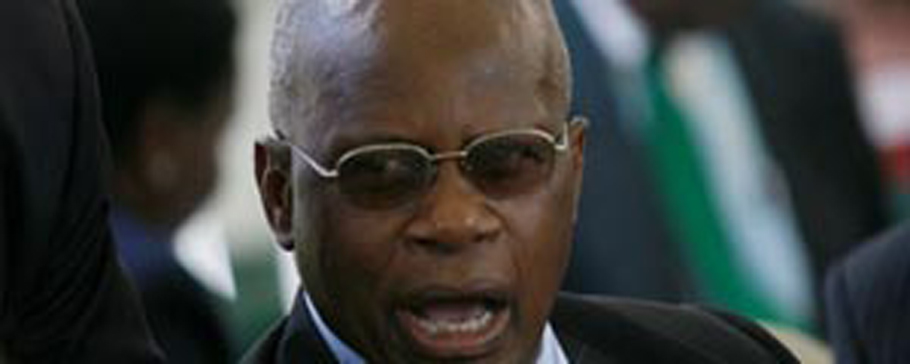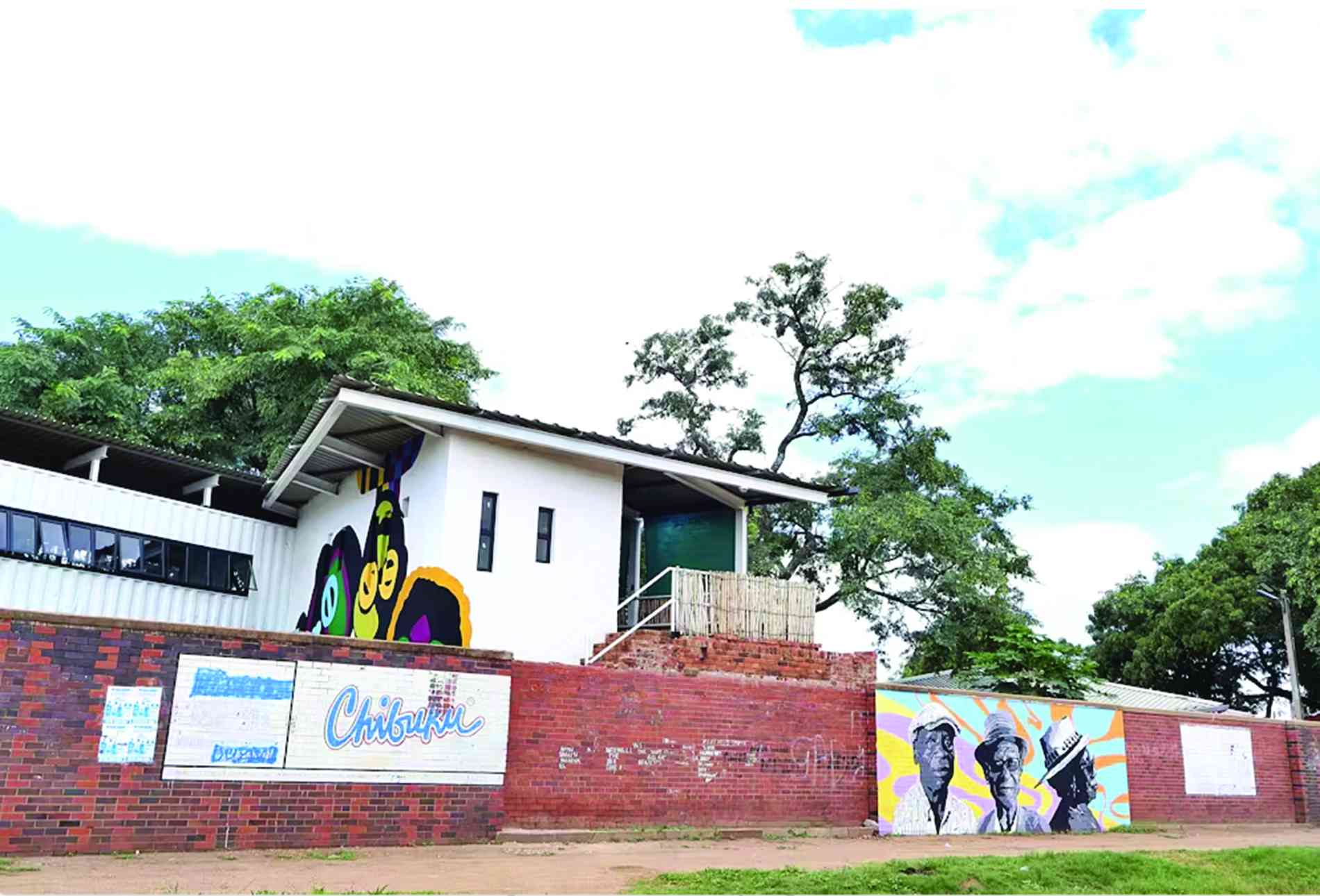
Zanu PF has made a dramatic U-turn on the issue of election dates with the party’s chief negotiator Patrick Chinamasa saying he has no idea when the polls will be held.
Report by Moses Matenga/ Bernard Mpofu
Chinamasa, who is also the Justice minister, told journalists after a briefing of diplomats on Tuesday that he would only know the poll date after President Robert Mugabe had assented to election law amendments.
This comes as a fresh fight has erupted between Zanu PF and the MDC-T over the funding of the elections. Zanu PF says efforts to seek funding from the United Nations have been abandoned and that is now “a closed chapter”, while the MDC-T insists doors for negotiations with the world body were still open.
Zimbabwe requires at least $132 million to conduct elections scheduled for this year – money the country does not have.
While declaring the UN option a dead-end, Chinamasa went further to tell Western diplomats that their push for State security sector reforms would not succeed.
“The instruction we have is that their (UN team) conditionalities remain unacceptable and the UN avenue is now a closed chapter. We have to mobilise local resources to conduct our elections,” he said.
Chinamasa claimed the instruction was from the coalition government principals, President Robert Mugabe and Prime Minister Morgan Tsvangirai.
- Chamisa under fire over US$120K donation
- Mavhunga puts DeMbare into Chibuku quarterfinals
- Pension funds bet on Cabora Bassa oilfields
- Councils defy govt fire tender directive
Keep Reading
But Tsvangirai’s spokesperson Luke Tamborinyoka yesterday said Chinamasa was not telling the truth. He said the correct position was that the principals would continue discussing the matter. “Chinamasa is not a spokesperson for the principals and should not masquerade as one,” said Tamborinyoka.
“Tsvangirai is the only spokesperson for the principals and he said there was no consensus on the matter and the two will continue to deliberate.”
Tsvangirai said at the weekend that he was surprised by the manner in which Chinamasa misrepresented the government of national unity principals. He said even Chinamasa’s political boss Mugabe was also baffled by the minister’s behaviour.
Tsvangirai is the official spokesperson for the principals.
Speaking on the election date which he and his party have consistently declared would be on June 29, Chinamasa said journalists should not bother him with inquiries about the date.
“After the President has assented to the election amendments, that’s when the media can ask me when elections will be held. Anything before that will be premature,” said Chinamasa.
On the issue of security sector realignment, Chinamasa said: “We told them to forget. They can raise it many times, but they won’t win. That’s not an issue on the table and the MDC even knows that, but are being pushed.”
Responding to questions from journalists on the state of election funding and dates, Chinamasa retorted: “Don’t call me (on the phone) to ask how far we have gone. It’s none of your business. At the end of the day, elections will be done, so don’t be like my supervisors. I don’t like that.”
However, contrary to Chinamasa’s assertions, Finance minister Tendai Biti, who together with Chinamasa have been tasked to look for election money, said Treasury had no intention to source the funds from local companies.
He said following last month’s referendum, which saw government borrow $40 million from Old Mutual and the National Social Security Authority (NSSA), any plans to extend the begging bowl to the local corporate sector would hurt the economy.
Old Mutual and NSSA, according to Biti, contribute 60% of domestic credit mainly for locally-owned banks.
“The net effect of drawing or borrowing $40 million from the private sector for the referendum is clearly and self-evidently a crowding effect into productive sectors of this economy which otherwise would have been borrowing this money,” Biti said.
“We have received representations from the private sector on the liquidity crunch arising out of this crowding-out effect. We essentially, for lack of a better word,‘raped’ the economy for the referendum.”
The Finance minister said he had also written to regional countries seeking electoral funding support after it became apparent that Treasury had no money.






